Just finished reading: The Loves of Theodore Roosevelt
JK! Grover Cleveland was not one of Theodore Roosevelt’s loves.
When I first heard about The Loves of Theodore Roosevelt: The Women Who Created a President by Edward F. O’Keefe, it sounded fascinating. But I’d already read three books about Theodore Roosevelt so I didn’t plan to read it anytime soon. After hearing O’Keefe speak at History Camp, I had no choice. To top it off, the portrayal of women in the last presidential book I read annoyed me. I needed a reset.
O’Keefe writes that “the most masculine president in the American memory was, in fact, the product of largely unsung and certainly extraordinary women.”
This book was just the reset I needed.
Mittie, Bamie, Conie, Alice, Edith, and The Other Alice
These women were remarkably influential on TR and his success:
His sister Bamie was to him what RFK was to JFK. His daughter Alice “believed if [Bamie] had been a man, she, rather than my father, would have been president.”
TR asked Conie “haven’t we had fun being governor of New York?”
FDR observed that Edith “managed TR very cleverly without his being conscious of it.”
Flip through my sketchbook.
Then scroll through more doodles. As always, my doodles don’t highlight the most important parts of the book. Just the stuff that jumped out to me.
I had entirely too many doodles and related doodles with this one. This random assortment is both completely out of control and in no particular order…
I knew TR’s mom was Confederate…
The Rise of Theodore Roosevelt, by Edmund Morris
… and I knew that the elder Roosevelt didn’t want to fight against family during the war. But I didn’t realize that Mittie’s brothers James Dunwood Bulloch and Irvine Stephens Bulloch were both born on the same day — June 25! — 19 years apart.
More importantly — their crimes during the war were so terrible, they were excluded from amnesty. Not only that, there were rumblings that James perhaps helped pay for Abe’s assassination by moving around secret money. Dunno. It was “alleged” but holy crap! In any case, both moved to England. James’ tombstone (which was dedicated in 1968 by the United Daughters of the Confederacy but was it also on his original tombstone…?) declared that he was “American by birth. Englishman by choice.” I think “by choice” loosely translates to “to avoid punishment for being terrible…?” but I’m no etymologist.
It’s “Mittie” but I dance between that and “Mitty” all willy-nilly on the same spread.
I’m getting ahead of myself
Thee (the elder Theodore Roosevelt) was outnumbered in his own home, with Mittie, her mom, and her sister all southern sympathizers. Some say that Mittie would hang a Confederate flag out the window after big wins. Seems reckless, given her husband was a Unionist and them living in the north. Perhaps it wasn’t so reckless after all. NYC felt the war was bad for business and Mayor Fernando Wood wanted the city to break off and become it’s own city-state.
Theodore acknowledged that his mom was “entirely ‘unreconstructed’ to the day of her death.”
Kermit
Edith’s dad was a partner at Kermit and Carow. The Kermit bit was her uncle; the Carow bit was her grandfather. Blah blah blah, her dad lost a lot of money, started drinking a lot, and his brother-in-law helped him out financially. According to family lore, Carow named his first son Kermit to make it up to him. The baby died soon after. They named their second child Edith Kermit Carow. Edith kept Kermit in her name even after she married…
… and gave the name to her second child, too.
When Theodore Roosevelt embarked on his post-presidency trip to South America, Edith begged Kermit to join him. She “sought to protect her husband by risking the life of her son.”
NOTE: reading these parts of the book made me hope they make a mini-series out of Candice Millard’s The River of Doubt: Theodore Roosevelt’s Darkest Journey.
Theodore was too late
Greatheart, Theodore’s dad, was asleep for most of his final six weeks, a stark contrast to how energetically he lived his life. Theodore arrived hours too late to say goodbye. Why? It’s unclear. Maybe Elliot — either on purpose or not — failed to stress how sick he was. But also, why was this Elliott’s responsibility? He was only 16 years old.
Eccentric freak
As a college student, TR was “a good deal of a joke” according to a classmate. Biographer David McCullough wrote that “his voice was thin and piping, almost comical… At Harvard, some of his classmates soon learned to goad him into an argument for the sheer fun of hearing him.”
O’Keefe notes that “his rooms overflowed with specimens, birds and reptiles in various stages of taxidermy. Nor was it unusual for him to carry a few of these small corpses in his coat pocket.”
“Irrepressible as a Jack-in-the box”
TR was “a young man who was impatient with logic,” according to Professor T.W. Dwight — “irrepressible as a Jack-in-the box.”
I couldn’t decide which of these versions I like better. I posted a little poll on LinkedIn and also on Instagram. Weirdly (in my very small, very unscientific poll):
on LinkedIn, the version in my sketchbook (A) won by a landslide
on Instagram, the one with color (B) won by a landslide
Shooting stuff on porpoise
According to biographer Sylvia Jukes Morris, Theodore proposed to Edith “more than once.” She kept turning him down. Perhaps her grandfather felt she wasn’t old enough. In any case, a couple of days after her final refusal, TR shot his neighbor’s dog because it was bugging him.
Then he proceeded to shot anything “from bottles or buoys to sharks and porpoises.”
Well, this obviously had to be added to my list of reasons why I believe Theodore was a mustachioed manchild.
West vs. rest cure
TR consulted his wife Alice on everything — “from politics to poetry”.
The first time TR could vote in a presidential election, he voted for James Garfield. (Hooray!)
While he was suffering from an embarrassing case of cholera morbus, Alice took 1st place in a tennis tournament.
At the time, the cure for men was a West Cure and the cure for women was a Rest Cure.
Equal rights for women
TR’s senior thesis was Practicability of Giving Men & Women Equal Rights, where he argued that “Individually many women are superior to the general run of men” and they should receive the same pay, keep their names if they want, and the word “obey” should be used equally, not just directed at women.
He then kinda went away from focusing on equal rights, but eventually came back again.
I will never not draw a forked beard
As soon as I saw what John Cabot looked like, he had to be added to my sketchbook. I also came across a beautiful silhouette of Joseph Cabot of Salem, Massachusetts. But not the Joseph Cabot of Salem, Massachusetts that I was looking for. The one I was looking for was born in 1720; the one I accidentally drew was born in 1796. I couldn’t even find evidence that they were related so I could just gracefully add him to the family tree and trick you into thinking that was my plan all along.
Nevertheless. John Cabot came to Salem from the Island of Jersey. He had a son. They got super-duper rich as “merchant operators of a privateer fleet” that transported rum, opium, and enslaved people.
Alrighty then.
Blah blah blah… there was some descendants and then BOOM — Henry Cabot Lodge.
In my failed effort to find reference materials, I discovered their fish-filled family crest. And the ditty about them:
“And this is good old Boston,
Home of the bean and the cod
Where the Lowells talk only to Cabots
And the Cabots talk only to God.”
Henry Cabot Lodge was part of the “unofficial brain trust” working together to get TR back into politics. The other members included Edith, Bamie, and Conie.
If you’re wondering if Henry Cabot Lodge was Richard Nixon’s running mate’s dad… nope. He’s Henry Cabot Lodge, Jr.’s grandfather.
An Unfinished Love Story: A Personal History of the 1960s, by Doris Kearns Goodwin
Now I’m curious how John Moors Cabot fits into this whole family dynamic. I know he’s related to Henry Cabot Lodge, Jr. and that his eyebrows appear to be sliding off his face. But that’s all I know.
That’s not true.
I also know that both of them were all mixed up in the United Fruit debacle.
But this isn’t a story about bananas. Or Cabots.
The story about bananas though? I cannot stop talking about The Fish That Ate the Whale: The Life and Times of America's Banana King, by Rich Cohen. Flip through my sketchbook here.
Would Wood?
Wood would!
My first encounter with Major General Wood was a letdown. In a book peppered with “presidential timber” references, the guy with timber in his name didn’t get a nod. I’m not mad. I’m disappointed. In any case, author David Pietrusza mentioned that Wood ended his bid for the presidential nomination because “like Napoleon at Moscow, he had come a long way, but it was getting cold and where would he go from here?”
I don’t know where he would go, but I know now where he’d gone before.
He was TR’s doctor! And a U.S. Army Colonel! And TR worked with him to find a way they could “get into the army that would go to Cuba” whilst his wife was very ill.
TR didn’t like being called “Rough Riders” but it stuck nevertheless.
Arrival in Cuba was a shit show, with the horses shipped separately… so they whimsically called themselves “Wood’s Weary Walkers” for a bit.
After the war, Wood served as the Military-General of Cuba.
Did a quick search in my files for “Rough Rider” looking for a particular doodle and found this one instead. FUN FACT! Jeeps are stackable! They could be shipped Ikea-like and assembled at their destination or stacked (!!!) and that’s pretty cool. Inspired by The First Lady of World War II: Eleanor Roosevelt’s Daring Journey to the Frontlines and Back, by Shannon McKenna Schmidt.
Class traitor
TR unleashed an antitrust investigation against E.H. Harriman’s railway holdings. Bamie was not playing — she cut the Harrimans out of her social circle and had her son return the train set they’d given him.
The first doodle was inspired by The Daughters of Yalta: The Churchills, Roosevelts, and Harrimans: A Story of Love and War, by Catherine Grace Katz
J.P. Morgan was quoted as saying “I’m afraid of Mr. Roosevelt because I don’t know what he’ll do.”
TR responded “he’s afraid of me because he does know what I’ll do.”
WWI
TR hoped to enlist but Woodrow Wilson wasn’t having it. TR tried to get FDR to resign his post and fight. Also a nope.
But Shef (Bamie’s boy), Ted, Archie, and 19-year-old Quentin all did.
Of Quentin, Edith said to Bamie “I cannot be reconciled to boys of his age taking irrevocable steps.”
Quentin was shot down shortly after his first kill.
In his public statement, TR said “Quentin’s mother and I are very glad he got to go to the front and had a chance to render some service to his country, and show the stuff that was in him before his fate befell him.”
Edith commented that “you cannot bring up boys as eagles and expect them to turn into sparrows.”
Quentin is the only child of a president to die in combat. He’s also the only WWI fatality buried at Normandy. Originally buried by the Germans, he was reburied with Ted after Ted died in WWII. (Not during combat.)
Medals of Honor
Theodore Roosevelt and Ted Roosevelt are one of only two father/son sets to be awarded the Medal of Honor. Arthur MacArthur and his corncob pipe-smoking son Douglas were the other.
It’s worth pointing out that, like TR, Arthur MacArthur also fought in the Spanish-American war. He described his boss, General Otis, as “a locomotive bottom-side up on the tracks with the wheels revolving at top speed”… a phrase I often thought of when I had a regular job.
Same Bed Different Dreams: A Novel, by Ed Park
William Astor Chanler showed up
I mention this for two reasons:
I know him!! He came up recently in The Women of Chateau Lafayette by Stephanie Dray.
He was a “freelance soldier” which struck me as kind of funny for a sec, but then I remembered the etymology of “freelancers”. Lancers for hire. Free lancers. As a freelancer myself, I love this.
In any case, TR wrote to Chanler while his sick wife “lay at death’s door” with months of coalescence ahead of her and newborn Quentin to care for:
“I shall chafe my heart out if I am kept here instead of being at the front.”
Sigh.
Gouverneur Morris & Bram Stoker
Listen, I can’t seem to get beyond the fun facts I already know about Gouverneur Morris to anything more substantial. I’ve been too busy giggling about his dalliances or how he died. (I giggled when adding “bonehead” to the mistake below. IYKYK) Theodore Roosevelt published a book about him, so now I know that Morris:
identified as an American, which was unusual among his peers who tied their identity to their state
signed both the Articles of Confederation and the Constitution
wrote the preamble
was a New York senator
Since I’m in confession mode, I might as well tell you that I always think that Bram Stoker is a vampire. I know he’s not. But also, do I know that? Not really. In any case, Bram Stoker (author of Dracula) wrote in his diary that TR “must be president some day. A man you can’t cajole, can’t frighten, can’t buy.” In case you’re curious, Bram Stoker was Irish! And also looked more Benjamin Harrison than Count Dracula.
Completely unrelated, it’s just now occurring to me that Morris is the second amputee in this post. William Astor Chanler was the other. Both lost a leg under mysterious circumstances, though Morris’ seems more potentially hilariously scandalous.
I wondered if may be I should start a list. So far, I have Chanler, Morris, and Peter Stuyvesant.
TR & Big Steve & I’m going on a tangent
Presidential candidate James Blaine was so stinky with corruption that many Republicans gravitated to the Democratic candidate — Grover Cleveland. As governor, Cleveland had vetoed Roosevelt’s sloppily-written bills and Roosevelt was still smarting from it.
Bamie encouraged her brother to embrace Grover Cleveland (not literally), he begrudgingly agreed to. Sorta. After much resistance.
This all brought to mind Troy Senik’s observation that Roosevelt’s rhetoric at times “tended toward a curious mixture of God of the Old Testament and petulant child.”
Cleveland’s secretary Daniel S. Lamont likened Cleveland to “A great mastiff solemnly regarding a small terrier, snapping and barking at him.” Theodore Roosevelt was that small terrier.
You’ll know if you’re my enemy
Marquis de Morès (AKA) Antoine-Amédée-Marie-Vincent Manca Amat de Vallombrosa was something else.
He suspected that Roosevelt was his enemy, and if so “I want to know it. I am always on my hands… between gentlemen it is easy to settle matters of that sort directly.”
One of these days, my eyeballs are going to roll all the way back in my head and get stuck there.
Theodore pushed back: “most emphatically I am not your enemy. If I were you would know it.” Then he went ahead and secured a second. Turns out that wasn’t necessary because the French duelist wanted to clear things up as “gentlemen — without trouble.”
de Morès also “aggressively” fenced the land, cutting off shared grazing space and bringing to mind the doodle below.
The invention of barbed wire changed everything — and not for the better. Big cattle companies (frequently financed by foreign countries) fenced off millions of acres, cutting common water and grazing areas from smaller farmers. In the South, something similar happened, but with laws passed by the planter oligarchy. Previously self-sufficient farmers were blocked from water and pastures once shared.
Edith put the kibosh on running for NYC governor
TR wanted to run and confided in Lodge that he simply “had not the funds to run. No outsider should know that I think my decision was a mistake.”
Did Edith nix the idea for financial reasons? Or was she savvy enough to realize that only two mayors (at the time) had ever gone on to become president?
Andrew Johnson and Grover Cleveland had gone to the White House after serving as mayor. Calvin Coolidge would, too, but not yet. And no New York mayor to-date has ever.
The Grim Reaper kept showing up.
Mark Hanna believed “nothing but death or an earthquake can stop the re-nomination of Vice President Hobart.”
Then Hobart died.
Hanna instructed President McKinley that it was his “duty to the country to live four years from next March.”
And the Grim Reaper laughed gently and muttered to himself “we’ll see about that.”
Then McKinley was assassinated.
… which leads me to a doodle inspired by 1920: The Year of the Six Presidents, by David Pietrusza:
Hanna planned to keep TR off the ticket in 1904, but he got typhoid and died.
TR’s strongest opponent, William C. Whitney, then got appendicitis and died.
(There’s loads of TR stuff in that book, too. Check out more doodles here.)
I knew a bit about the shooting
John Flammang Shrank, the guy who tried to kill Roosevelt, was a 36-year-old Bavarian immigrant. I knew McKinley’s ghost came to him in a dream and that he considered himself McKinley’s “avenger”. I knew TR’s long speech and glasses case saved him and that he kept giving his speech.
But I didn’t know that Shrank came to America when he was just three years old and that his parents died pretty soon after arrival. Then he went to live with his aunt and uncle, who also died when he was still youngish. At least he had a girlfriend!
Oh.
She died.
Edith took charge of the situation once she arrived by TR’s side. He joked he was “never so boss-ruled in [his] life.”
Bookended by assassinations
John Hay began his career as Abraham Lincoln’s private secretary and ended it as TR’s Secretary of State. Hay commented to Bamie “how strange it seems that I should be here in this position with your father’s son.” (Theodore Roosevelt, Sr. had worked through him to meet with Lincoln.)
Edith didn’t like Taft
He was a “yes-man” who lacked the “fearlessness and candor” Theodore needed in those around him, according to Sylvia Jukes Morris.
Oh my!
Roosevelt once said he wanted “16 lions to turn loose in Congress.” When a congressman “wondered if the lions might eat the wrong people,” he responded: “not if they stayed long enough.”
When he was off on his trip to Africa, J.P. Morgan declared that “America expects every lion to do its duty.”
That old gray skunk
TR’s health took a turn after World War I ended. Not long before he died he said to his friend Margaret Chanler, “I seem pretty low, but I shall get better. I cannot go without having done something about that old gray skunk in the White House.”
He died at 60
In the words of WIlson’s Vice President Thomas Marshall: “death had to take him sleeping, for if Roosevelt were awake there would have been a fight.”
Bamie didn’t care for Eleanor campaigning against Ted
And she really didn’t care for it when Eleanor drove around in a car with a giant steam-puffing “tea pot” on top, insinuating that her cousin was involved in the Teapot Dome Scandal.
Roosevelt Sweeps Nation: FDR’s 1936 Landslide and the Triumph of the Liberal Ideal, by David Pietrusza
Edith voted for Hoover over FDR
Conie supported FDR, then attended the victory party Eleanor hosted. She died less than a month before he took office.
Edith’s support of Hoover made me think of how at 75 years old, she braved the cold to vote against FDR (just a few hundred yards or so from Theodore’s grave). Not sure if this was the same election or not.
Roosevelt Sweeps Nation: FDR’s 1936 Landslide and the Triumph of the Liberal Ideal, by David Pietrusza
Have you read it?
Have you read The Loves of Theodore Roosevelt: The Women Who Created a President by Edward F. O’Keefe yet? Let me know in the comments below.
Hey, if you are giggling at Major Butts, you should know he died on the Titanic.
A few postscripts
RELATED POSTS
My gripes with “The Rise of Theodore Roosevelt”
I got to meet Edward O’Keefe in person at a Theodore Roosevelt Association annual meeting recently and share some of my doodles with him. I was thrilled to hear he disagreed with biographer Edmund Morris’ assessment of Theodore and Alice’s marriage. I feel vindicated in my little collection of beefs.Theodore Roosevelt: mustachioed manchild
I stand by this assessment. That said, he’s also endlessly fascinating. As such, the doodles inspired by this book can’t be contained in one blog post. It inspired me to (finally!) pull together a companion post:OK, fine: a second look at TR
This idea kicked around in my drafts folder for three years. but I finally gathered 26 reasons.
LIBRARY COMING SOON!
Author Edward O’Keefe is also the president of the Theodore Roosevelt Presidential Library in North Dakota. The library is opening July 4, 2026. As O’Keefe has said, the library is interested in “humanizing not lionizing” TR — and I love that!











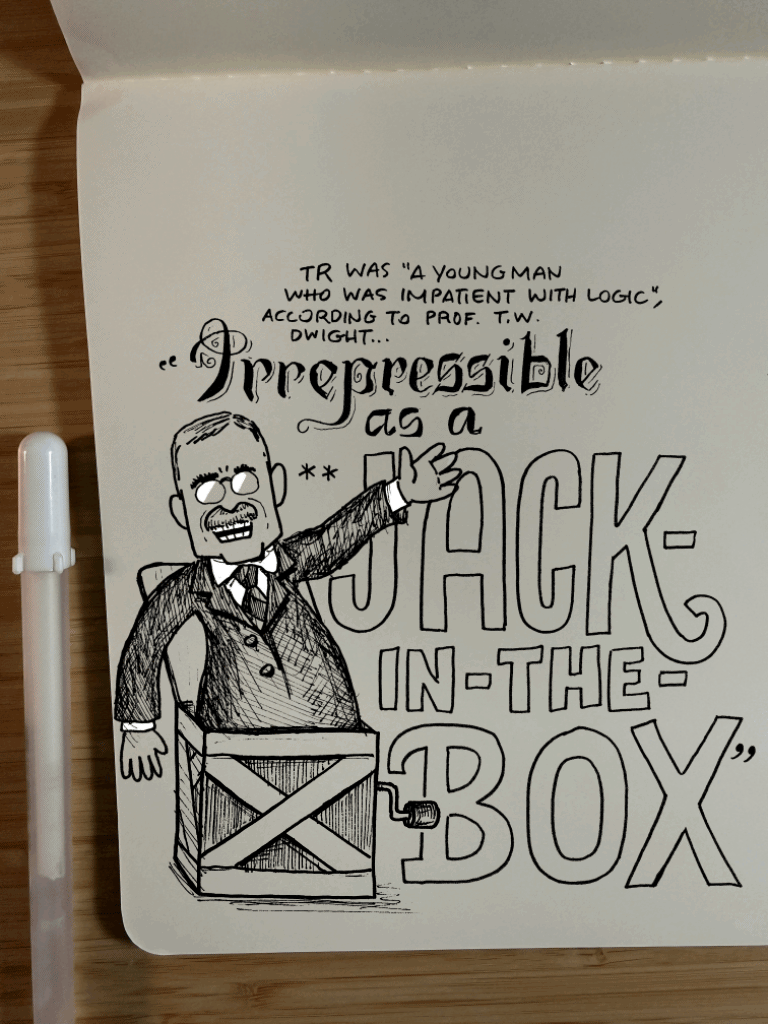
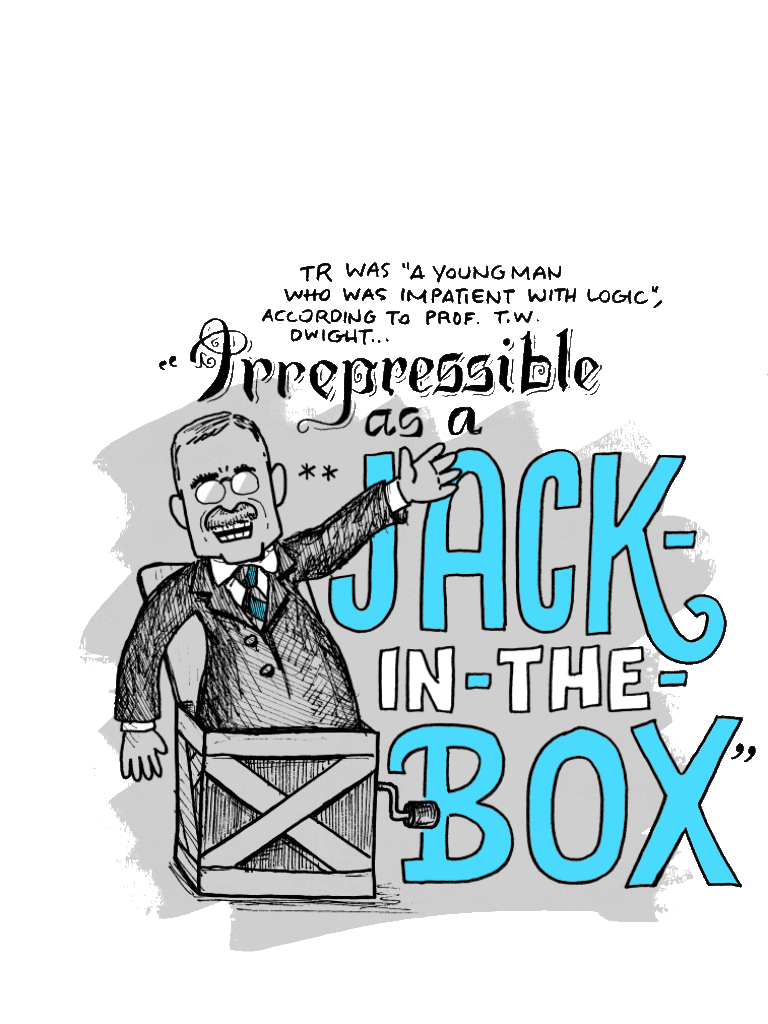
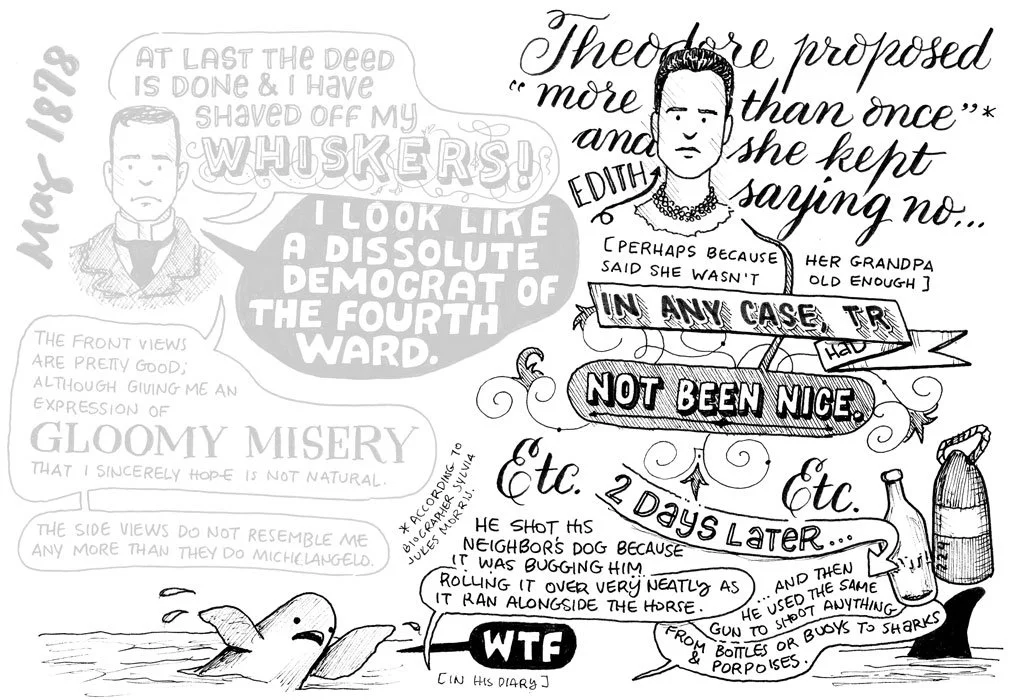
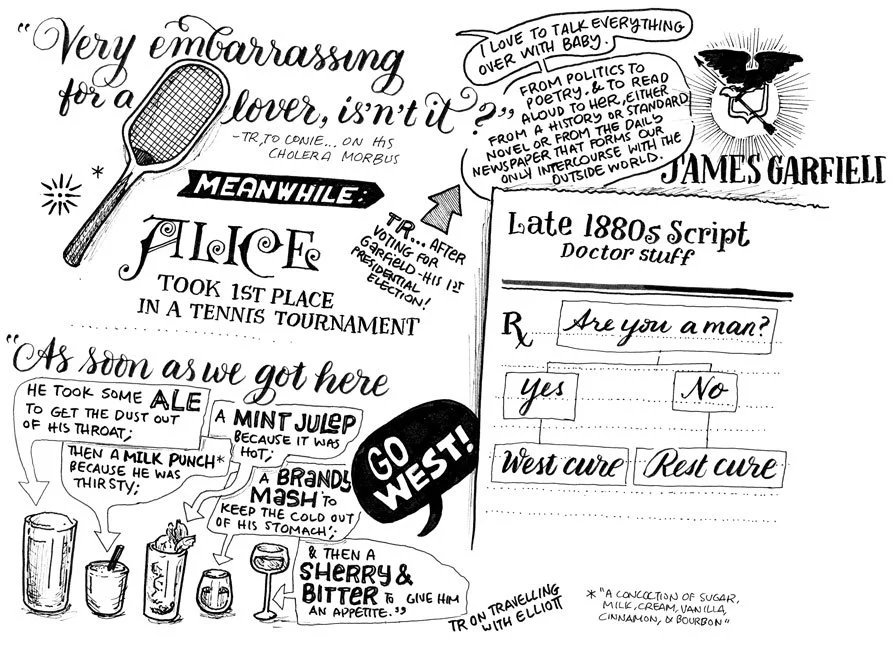

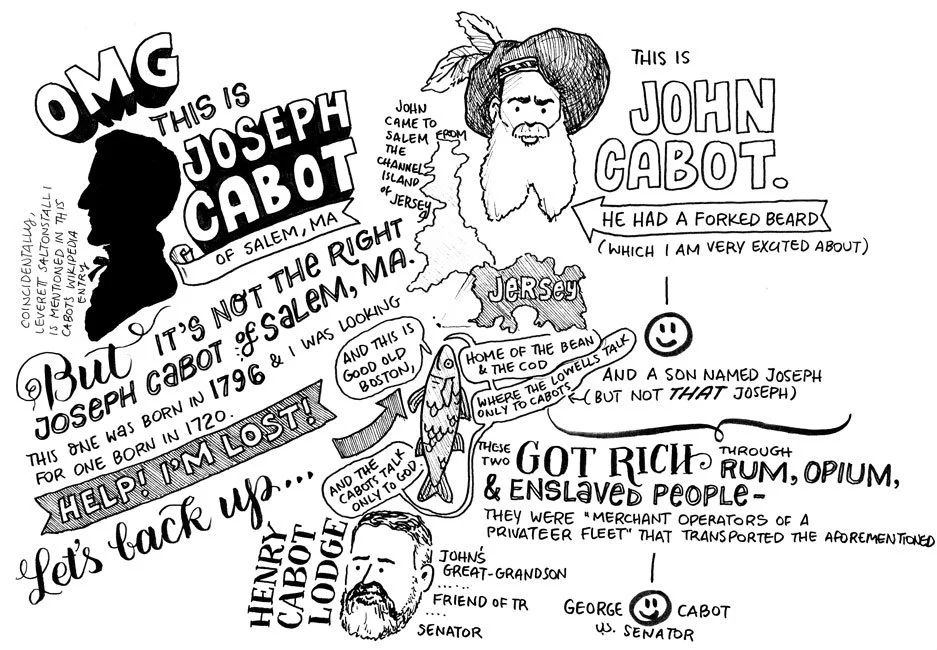








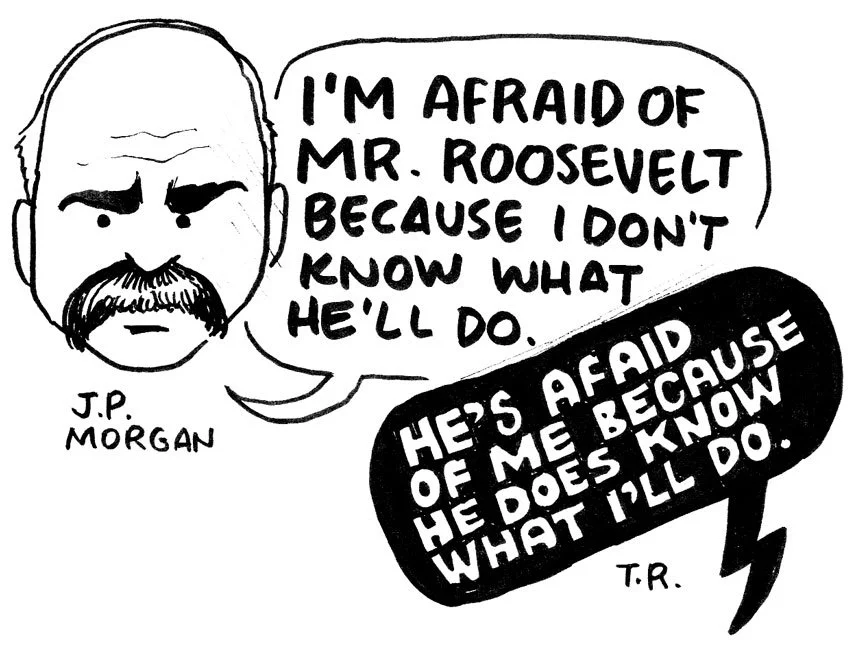
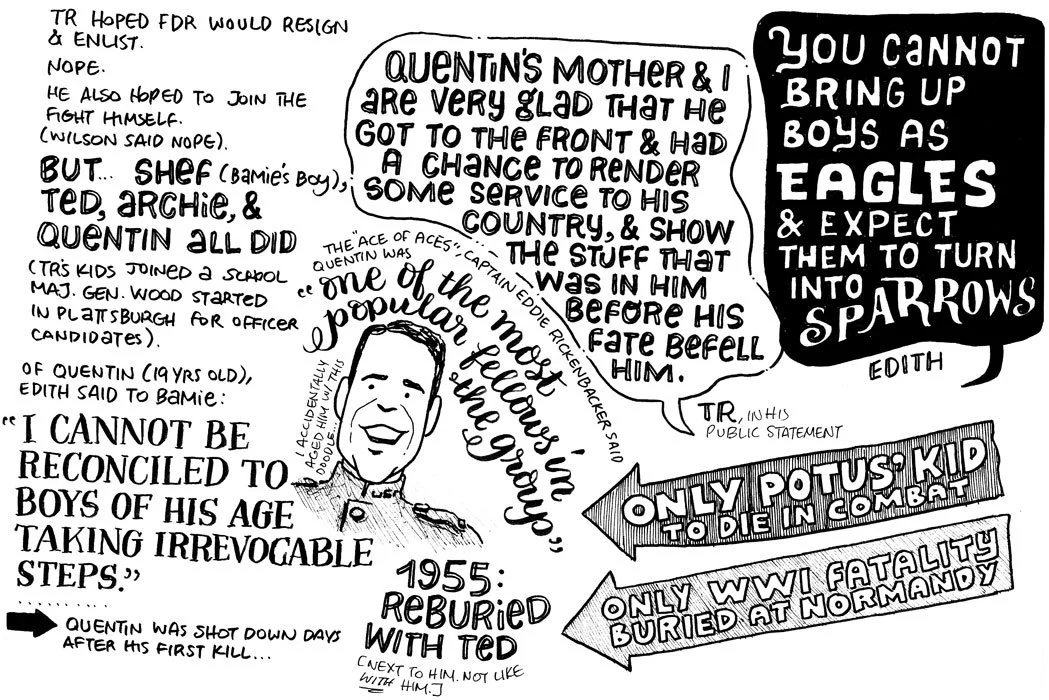




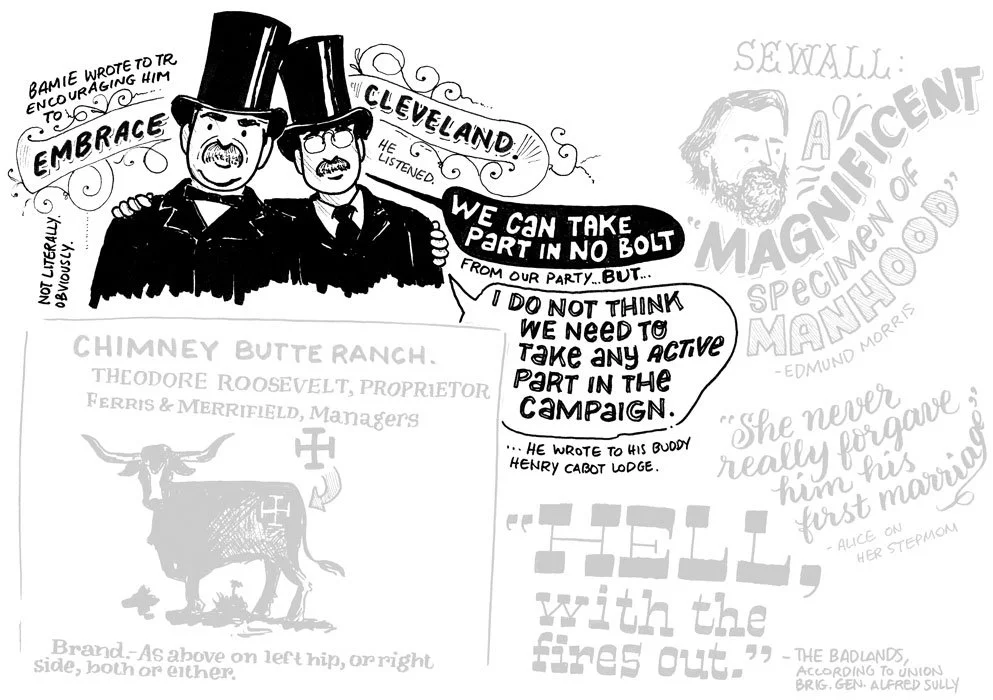


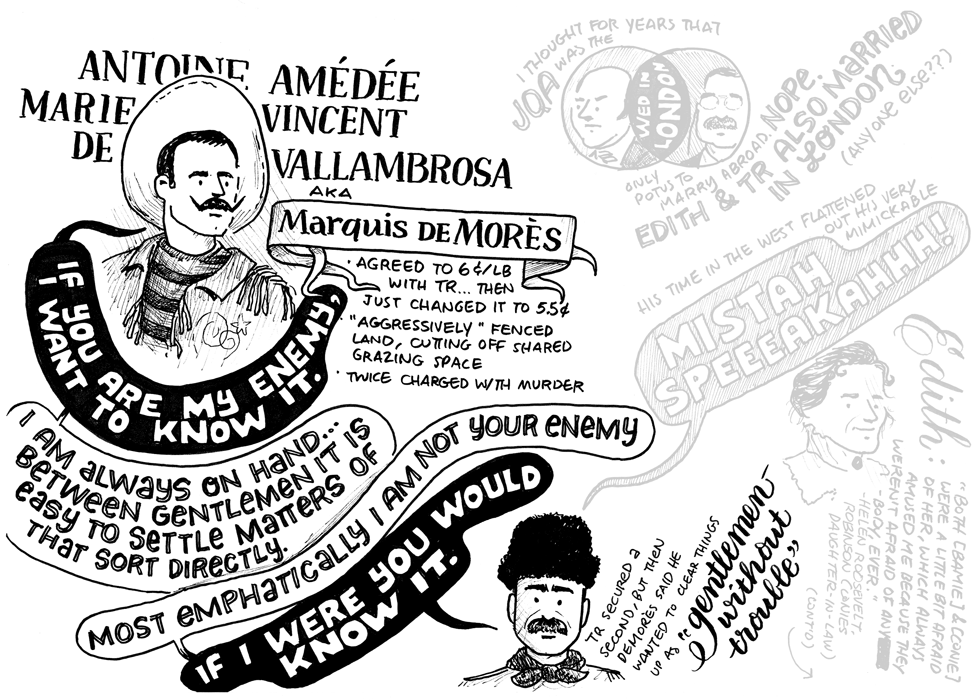






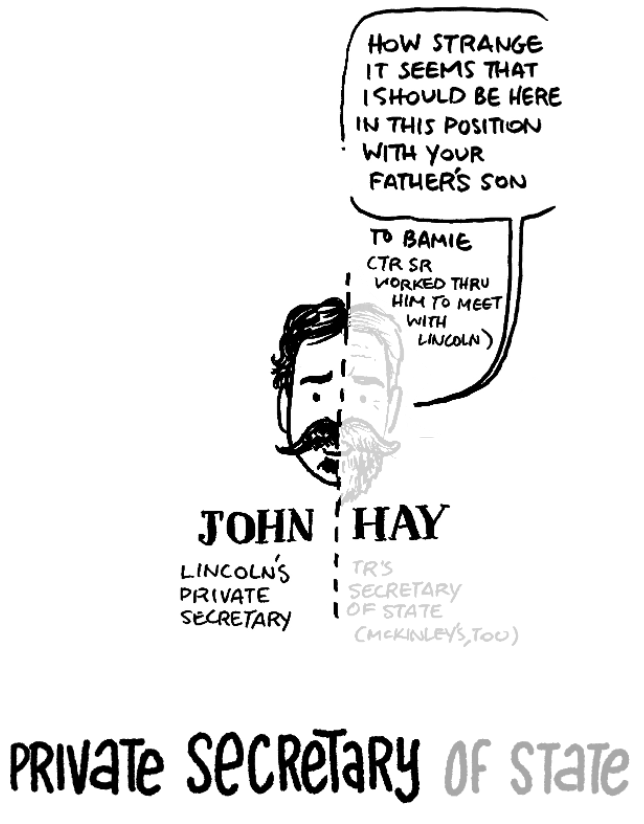


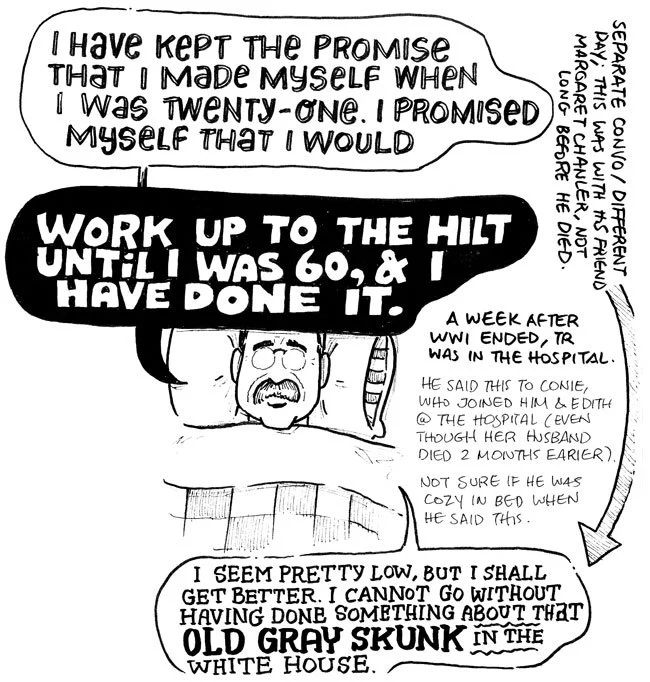




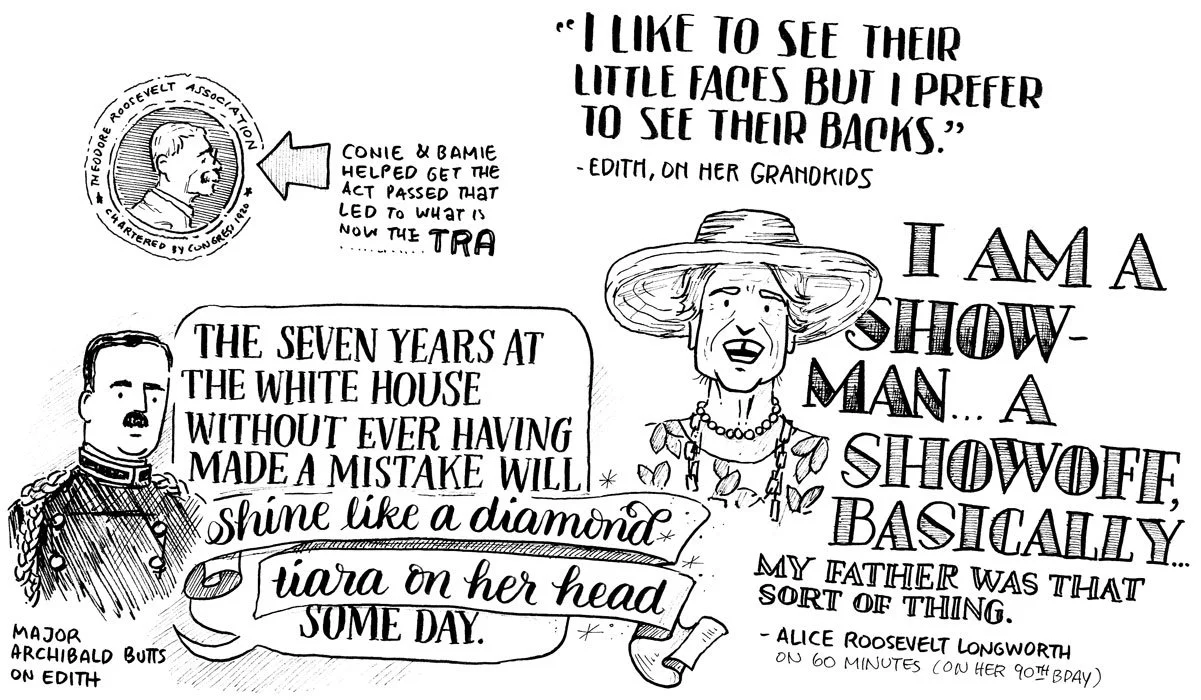



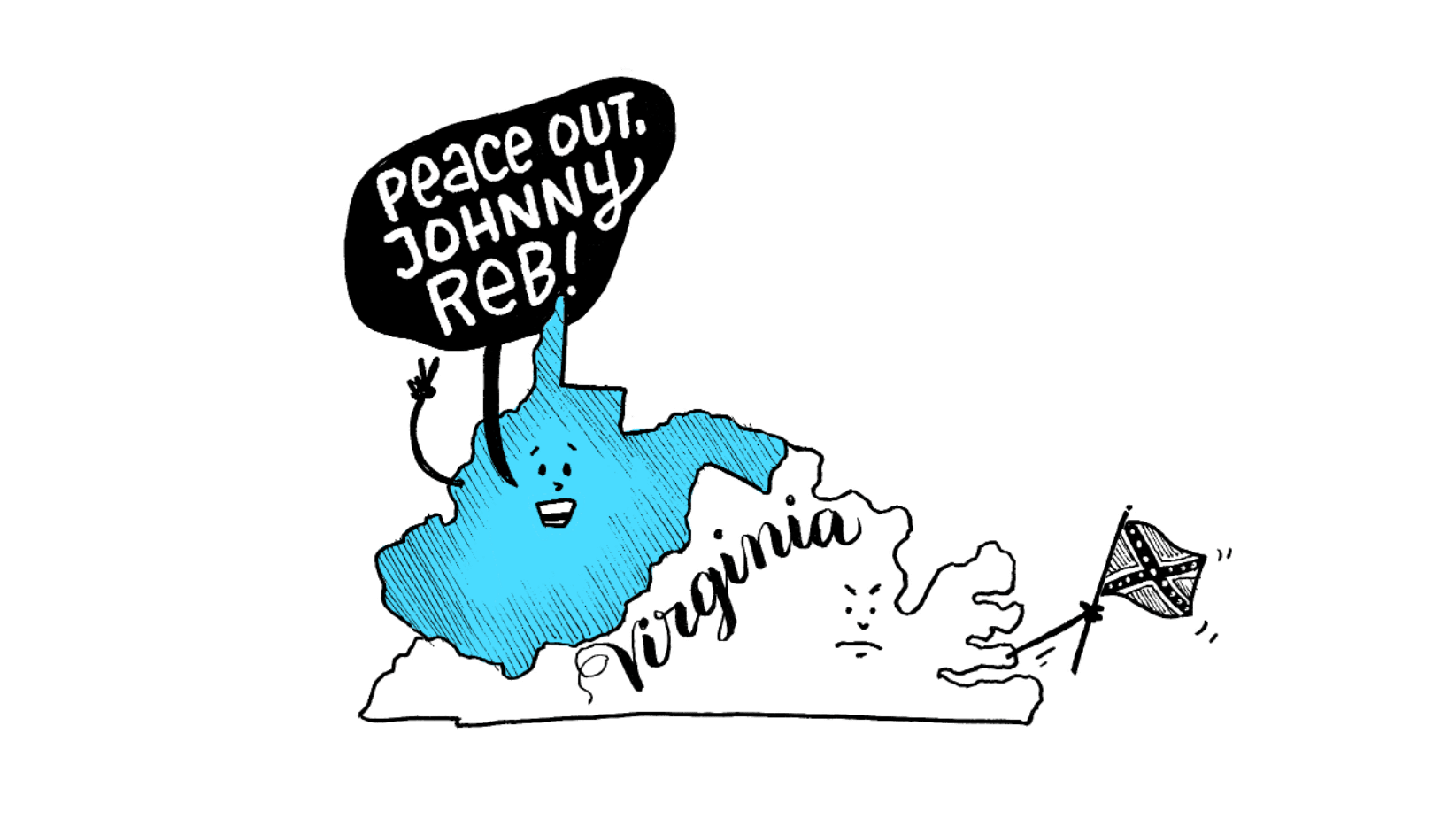
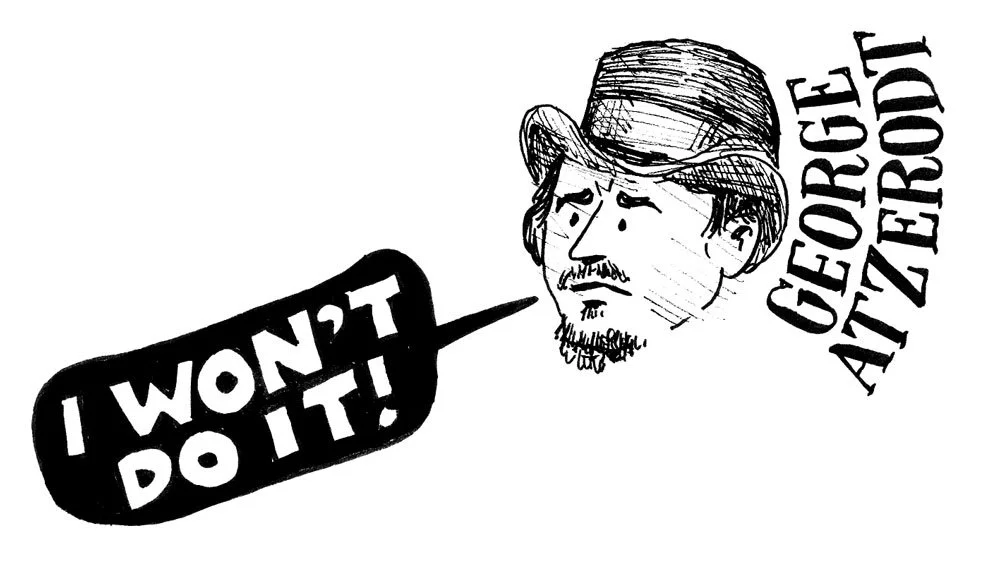


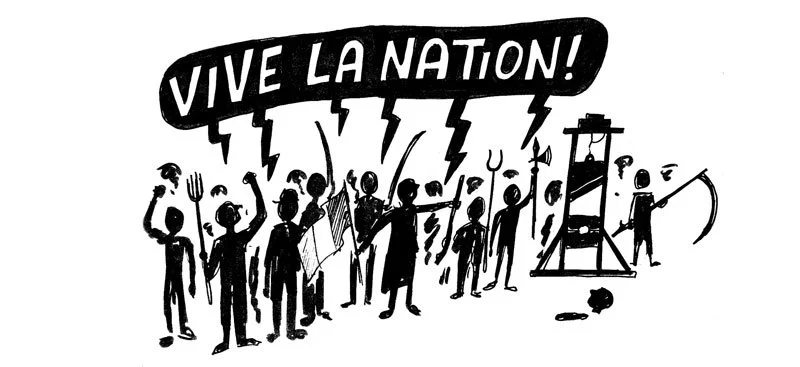






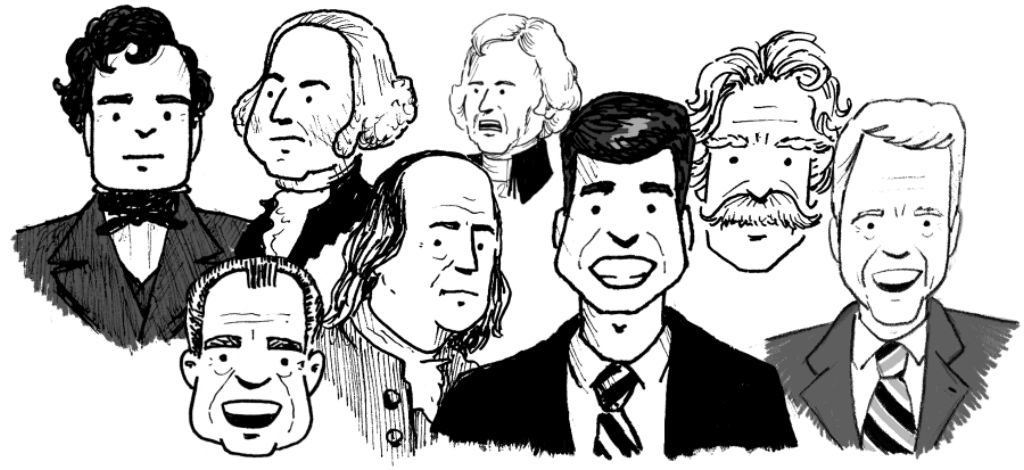





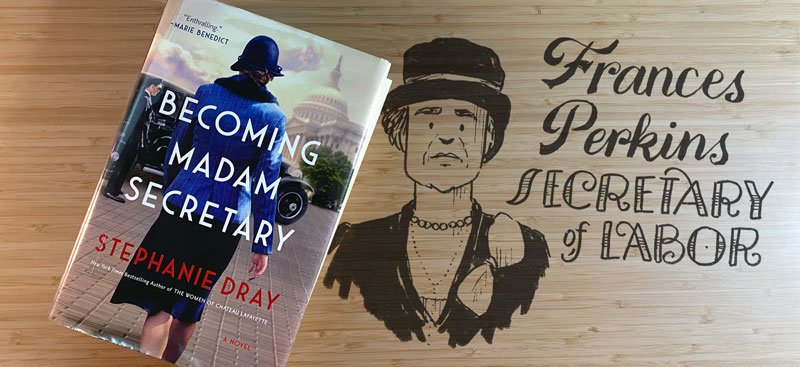


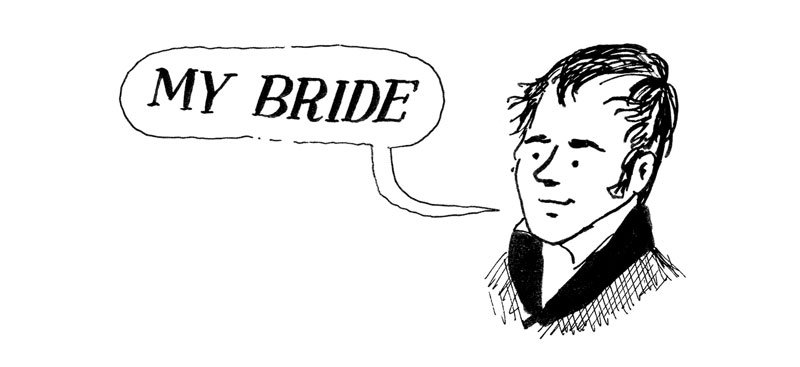
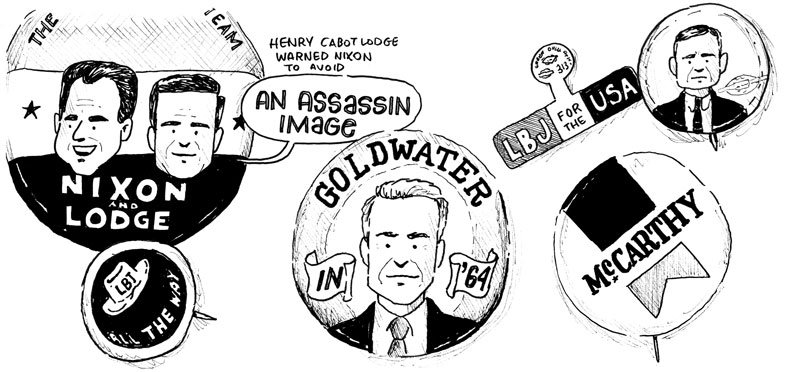


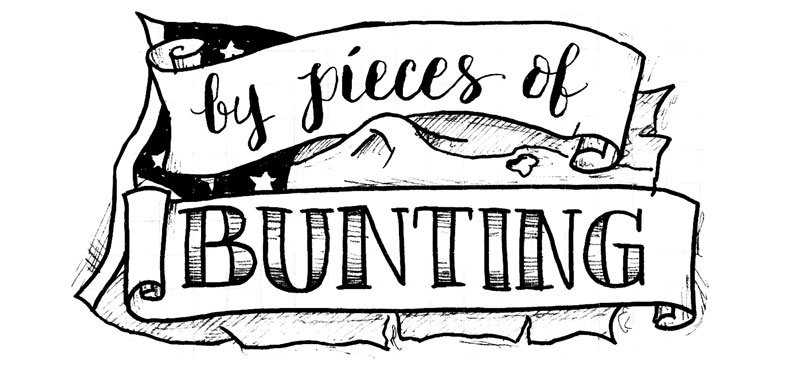
Read this book.